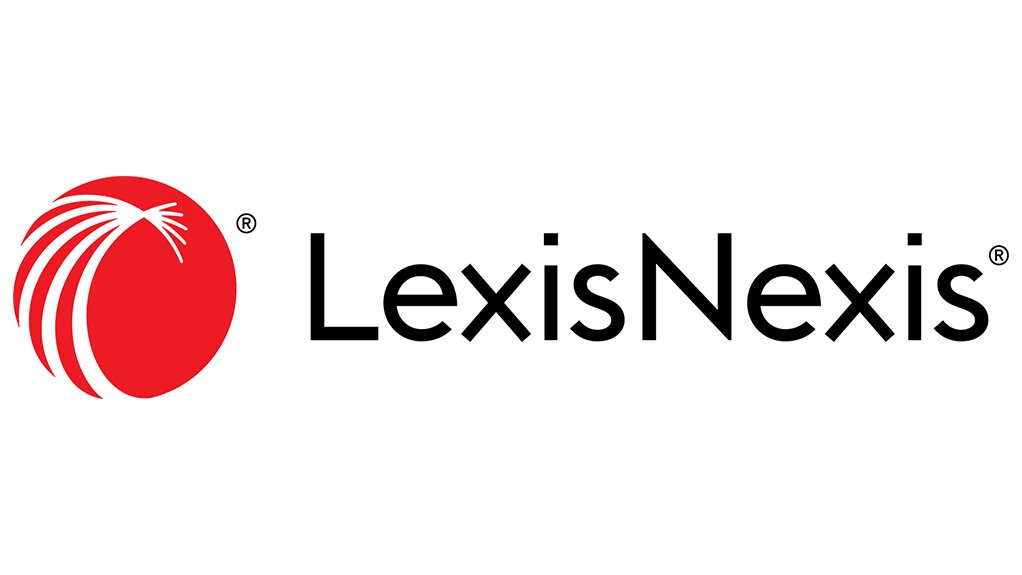Financial sector due diligence and compliance with anti-money laundering regulations are back in the spotlight with the release of the FinCEN files in September 2020 – the latest in a string of leaks over the past five years that have exposed secret deals, money laundering and financial crime.
The more than 2,500 files representing approximately $2tn in transactions revealed how some of the world's biggest banks have allowed criminals to move dirty money around the world. They include more than 170 transactions flagged as potentially suspicious at South African banks, at a total value of almost $61 million (R1 billion).
In South Africa, it is estimated that between $10 and $25 billion is lost annually in illicit financial flows, according to the Financial Intelligence Centre, while the South African Government estimates that between $2 and $8 billion is laundered each year through South African financial institutions. Despite this, South African Police Service statistics show a low rate of money laundering investigations and convictions.
South Africa’s position as the major financial centre in the region, its relatively sophisticated banking and financial sector, generally high levels of corruption and its large cash-based market, all make it a very attractive target for transnational and domestic crime syndicates wishing to conceal their proceeds from illicit transactions linked to the narcotics trade, theft, smuggling, human trafficking, and diamond dealings.[1]
“Money laundering refers to passing illicit funds through a complex sequence of banking transfers or commercial transactions that eventually return the ‘clean’ money to the launderer in an obscure and indirect way, via a respected institution where it will not be linked with the crime,” says Rudi Kruger, General Manager for Data Services at LexisNexis South Africa.
“This is why it is especially important for institutions managing any financial transactions – from attorneys, banks, financial service providers and credit lenders, to even casinos, estate agents, car dealers, foreign exchange bureaus and soon crypto asset service providers – to comply with AML (anti-money laundering) laws, regulations, and policies. These help to establish whether the funds are obtained legally and serve as a deterrent for criminals wishing to hide and move illegal money,” he adds.
Amendments to the Financial Intelligence Centre Act (FICA) include adding financial and non-financial businesses to the accountable institutions list and introducing a number of control measures aimed at facilitating the investigation of money laundering, such as requiring these institutions to put in place anti-money laundering systems.
“As a sub-set of AML practices, accountable institutions must also include stringent Know Your Customer (KYC) verification, as this gathers information about their customer in order to verify their identity and ensure that they comply with AML regulations,” says Kruger.
“KYC compliance solutions – such as Lexis® KYC from LexisNexis – can help these institutions to monitor and screen customers. This can deter those planning to profit from a criminal enterprise – such as drug dealing, theft or corruption – from using the institution to conceal the dodgy origins of the money.”
KYC authentication helps to establish and verify the identity of all clients prior to establishing a business relationship or concluding a transaction. This ensures safe and fair financial markets for everyone and provides a means of recourse against those found to be involved in illicit financial flows, who might be looking to use your institution as a smokescreen.
Is your business an accountable institution that needs world-class AML and KYC compliance? Click here.
EMAIL THIS ARTICLE SAVE THIS ARTICLE ARTICLE ENQUIRY
To subscribe email subscriptions@creamermedia.co.za or click here
To advertise email advertising@creamermedia.co.za or click here











